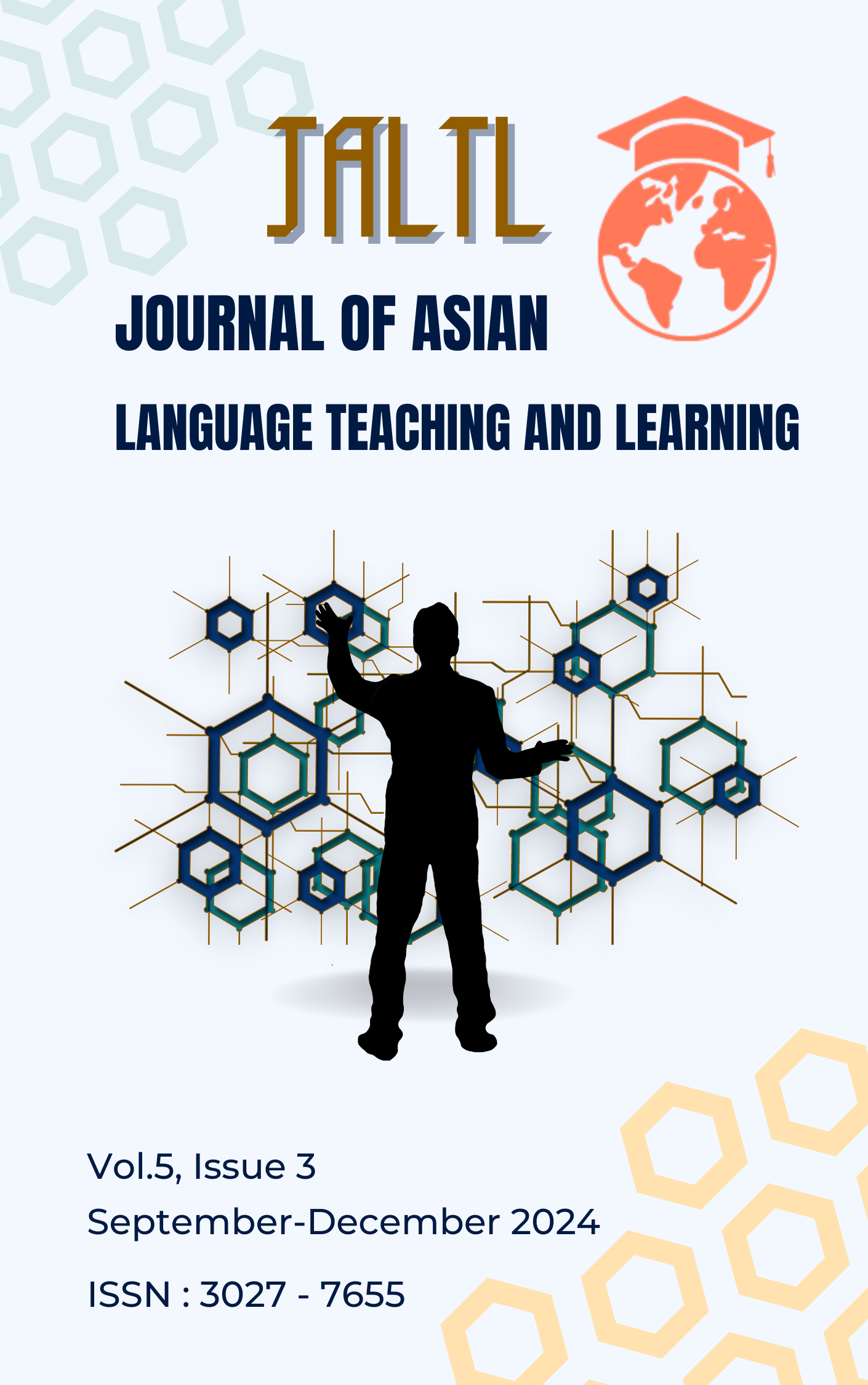Promoting Students' Mental Well-being Through Buddhist Teachings
Main Article Content
Abstract
This study investigated the efficacy of Buddhist meditation coaching in improving the mental health of college students. Through the assessment of baseline mental health and the implementation of a comprehensive intervention combining Buddhist teachings with educational practices, significant improvements were observed in mental health indicators among the meditation group compared to the control group. A 12-week mindfulness meditation program within the intervention demonstrated positive effects on adult ADHD scores and ego identity. These findings suggest that Buddhist meditation coaching can be a valuable adjunct to traditional mental health treatments for college students. Further research is warranted to explore the long-term impacts and broader applicability of these findings.
These objectives of the study are 1. to assess the overall mental health condition of college students, which is crucial for understanding the baseline from which improvements can be measured, and 2. to determine how well a comprehensive intervention that combines Buddhist teachings with student education can improve students' psychological quality. This intervention was designed to provide students with the skills to better regulate their mental states. The meditation group demonstrated significant improvements in mental health indicators compared to the control group. Additionally, a 12 - weeks meditation program incorporating mindfulness meditation showed significant benefits for adult ADHD scores and ego identity among participants. By comparing a meditation group to a control group, significant improvements were found in mental health indicators and ADHD symptoms. The findings reveals that Buddhist meditation can be a valuable complement to traditional mental health treatments. Further research is warranted to explore the long-term impacts and broader applications of this approach.
Article Details

This work is licensed under a Creative Commons Attribution-NonCommercial-NoDerivatives 4.0 International License.
References
Centers for Disease Control and Prevention. (2020). What is ADHD?. Retrieved from: https://www.cdc.gov/ncbddd/adhd/facts.html
Chevalier, A., & Feinstein, L. (2006). Sheepskin or Prozac: The causal effect of education on mental health. IZA Institute of Labor Economics.
Conley, C. S., Durlak, J. A., & Kirsch, A. C. (2015). A meta-analysis of universal mental health prevention programs for higher education students. Prevention Science, 16, 487-507.
Harris, E. (2006). Theravada Buddhism and the British encounter: Religious, missionary and colonial experience in nineteenth century Sri Lanka. Routledge.
Lokamitra, D. (2004). The centrality of Buddhism and education in developing Gross National Happiness. Centre for Bhutan Studies.
National Institute of Mental Health. (2018). Attention-Deficit/Hyperactivity Disorder. Retrieved from: https://www.nimh.nih.gov/health/topics/attention-deficit-hyperactivity-disorder-adhd/index.shtml
Yamane, T. (1973). Statistics: an introductory analysis. New York: Harper & Row.


